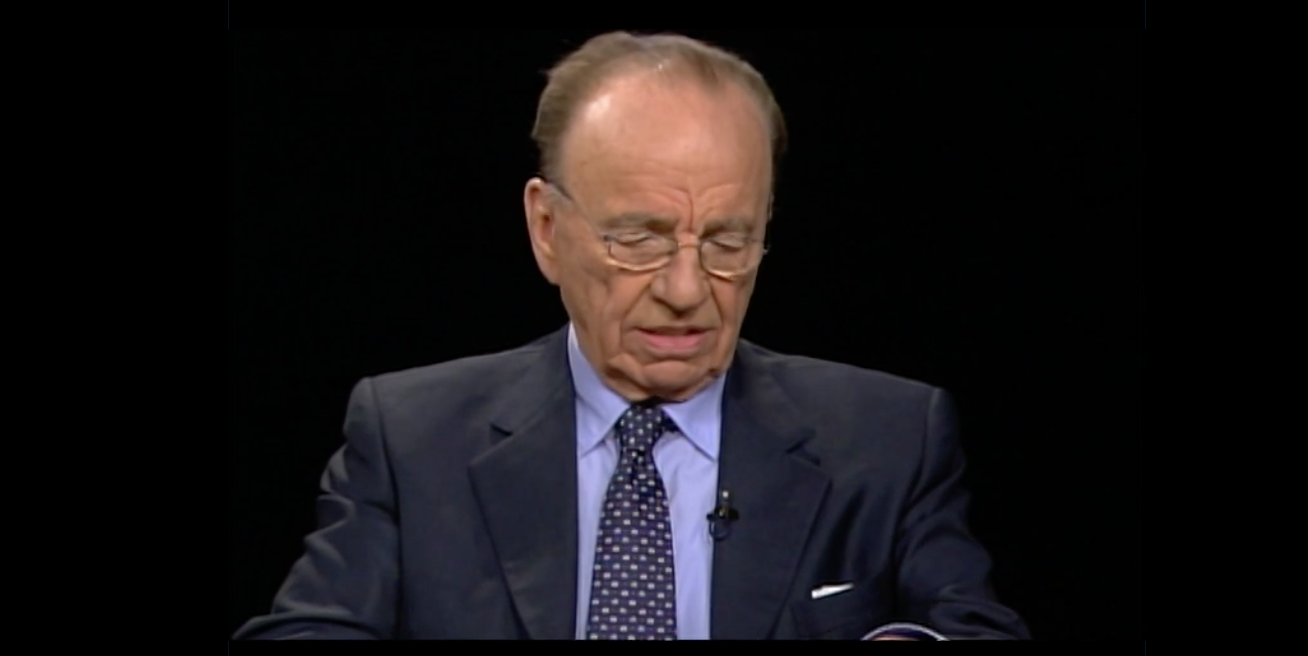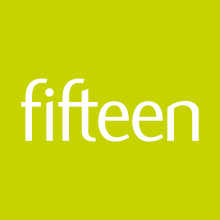Rupert Murdoch hates social media and the internet in general. The ageing media mogul and purveyor of tabloid press has taken his ire at Facebook recently. It all comes down to Murdoch’s belief that Facebook should be paying news outlets. An altruistic statement from a man who owns The Sun, The Times, New York Post, Wall Street Journal and other publications across the globe. This isn’t the first time Murdoch has expressed displeasure with social media and the internet in general.
Once upon a time…
2005 – News corp. buys Myspace
The year Arctic Monkeys were huge, Myspace was the fifth most visited internet domain in the US. It was bought for a steal at £332.85m. News Corp acquired other web assets to a total spend of 1 billion dollars that same year. Murdoch wanted to use Myspace to direct traffic to his other brands including Fox TV. This was on the back of some of his negative predictions for the future of the press and dwindling ad revenue.
“Certainly I don’t know anybody under 30 who has ever looked at a classified advertisement in a newspaper. With broadband, they do more and more transactions online.”
He saw Myspace as a way to tap into the disposable income of the youth. But, also as an ad platform to rival Google who extended their display advertising plus auctioning for keywords. The ad revenue from Yahoo and Google was predicted to outgrow traditional forms that year. Who’d a thought?
Meanwhile, fresh-faced college student Mark Zuckerberg (red cup in hand) talking about “The Facebook”
2006 – Rupert goes digital



Murdoch made a speech to the Worshipful Company of Stationers and Newspaper Makers where he stated:
“From the wheel to the web, from the printing press to fibre optic cable, it has always been technology that has driven history. Those in the driving seat have always been those who fully understood and used that technology. Today one of our great challenges is to understand and seize the opportunities presented by the web. It is a creative, destructive, technology that is still in its infancy, yet breaking and remaking everything in its path.”
The whole speech was a call to arms for publishers to move to digital platforms. It was also a way for News Corp. to set out its agenda and targeted dominance of the web. Myspace at the time had near 100 million users. In an interview with Wired he was coming to grips with what to do with Myspace:
“You want to learn from MySpace,” he muses. “Can you democratize newspapers, for instance? What does it mean for how we do sports or politics? I don’t know – no one does. I just know we’ll figure it out.”
In September 2006, Facebook launched to anyone with a valid email address.



2007 – Peak Dominance
It was the year that saw Rupert Murdoch purchase Dow Jones for a whopping $5.6 billion. This meant he now controlled another news outlet, The Wall Street Journal. Meanwhile, Facebook was a powerful rival against Myspace. It was bringing in 1 million new users per week and by August had 36 million under its belt. Zuckerberg had a vision for Facebook opposite to Myspace:
Imagine if, every time you logged on, you weren’t greeted by NYTimes.com or even a Google News like aggregator, but a collection of headlines and blog postings, written or handpicked by your closest friends and relatives.
Facebook was valued by analysts at being worth $5 billion.
2008 – Facebook surpasses Myspace
2008 saw the year where Facebook overtook Myspace. Facebook had 123.9 million unique visitors whereas Myspace had 114.6 million. Rupert called Facebook a “flavour of the month” and dismissed a rivalry with Myspace.
2009 – There’s no such thing as free news
It appeared that the Murdoch empire gave up with its bid for a free and open internet. He announced that he’d be charging users to access his news sites. It was in a bid to spread awareness that journalism costs money. Taking aim at internet distributors for “stealing content”. He even went as far as stating he would remove his news sites from the search engine indexes. This may have been because Myspace and Google in 2006 struck a deal for an exclusive deal which Myspace was falling short of search revenue.
2011 – Scandal of the Century
It was the year that the phone hacking scandal came to fruition. Murdoch owned News of the World, a newspaper which had existed for over a century was to shut down. To add insult to injury, it was revealed that Myspace had been losing 10 million users per month. In June Myspace was sold for $35m. Justin Timberlake purchased a stake in the company. The previous year Justin Timberlake played Sean Parker in the Facebook film; The Social Network.
2012 – Rupert Shows his Age
Rupert Murdoch joined Twitter.
So Obama has thrown in his lot withSilicon Valley paymasters who threaten all software creators with piracy, plain thievery.
–— Rupert Murdoch (@rupertmurdoch) January 14, 2012
During an annual shareholder meeting, he admitted that he wasted the potential of Myspace and spent too much time competing with Facebook.
2013 – A slice of Vice
Murdoch’s 21st Century Fox buys a stake in Vice Media. Seen as a way to invest in alternative media outlets and influence a demographic that Fox has struggled with for the past decade. Vice has an incredible reach online especially via. Facebook. Yet it was only a timid share of 5% showing the companies new found apprehension to investing in digital companies.
2014 – “Dear Rupert…”
Google published an open letter to Rupert Murdoch entitled ‘Dear Rupert‘. It’s a fascinating read and rebuffs Murdoch’s previous statements around the internet being a beacon for piracy.
2015 – Abdication from the throne
Rupert Murdoch steps down as CEO of 21st Century Fox handing the reigns down to his son. Rupert also hints at buying the rest of his stake in traditional media outlet – Sky.
In 2015 it was estimated that 60% of 16-24 year old get their news from online. Suggesting that the demographics of youth are abandoning traditional outlets such as Sky News.
2016 – Goodbye Rupert
Rupert leaves Twitter and he hasn’t been since.
No more tweets for ten days or ever! Feel like the luckiest AND happiest man in world.
— Rupert Murdoch (@rupertmurdoch) March 4, 2016
Time Inc. pay an estimated $8m for Viant including all its subsidiaries, which includes Myspace.
Facebook comes under fire for spreading Fake News through its ad service. It also may have been a proxy for Russian propaganda leading to having influence over the US general election. Many question the ‘openness’ of Facebook and the word ‘Echo Chamber’ becomes a major topic for internet critiques.
2017 – An old empire bought by an ancient empire
Rupert ended the year with a dig at the dominance of tech companies in the marketplace. He specifically calls out Silicon Valley darlings Facebook and Google for taking massive chunks out of news outlets. He stated:
“This is an era where publishers – and the economy and society at large – are affected by the behaviour of a small number of technology companies,”
Last year, 21st Century Fox was sold to Disney. This appears to be the end of Murdoch targeting alternative media and younger demographics.
2018 – Murdoch vs. Zuckerberg
Here we are, an annual treat. Rupert Murdoch takes shot at Zuckerberg’s new direction for Facebook. Stating that Facebook should pay media outlets for their content. At the same time, his takeover bid for Sky was ruled against by regulators.
It’s a dramatic tale of the old vs. new and how social media has completely rocked old media elites. History may have swayed a different way. David Fincher could have made a film about Myspace called The Social Network. Maybe Justin Timberlake could have played Murdoch, under heavy prosthetics of course. But, like the Justin Timberlake song goes:
What goes around, goes around, goes around
Comes all the way back around
2019 and beyond



